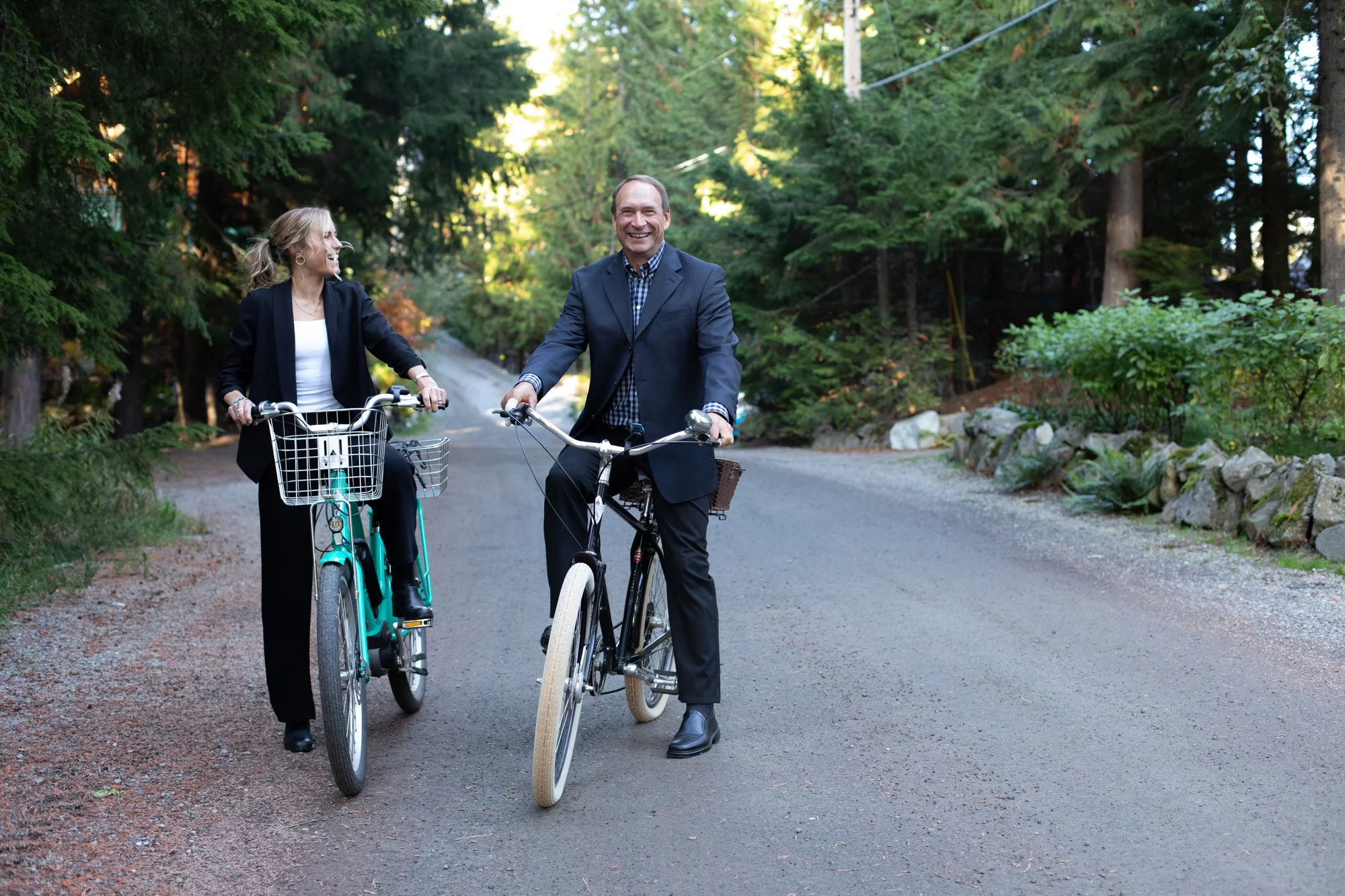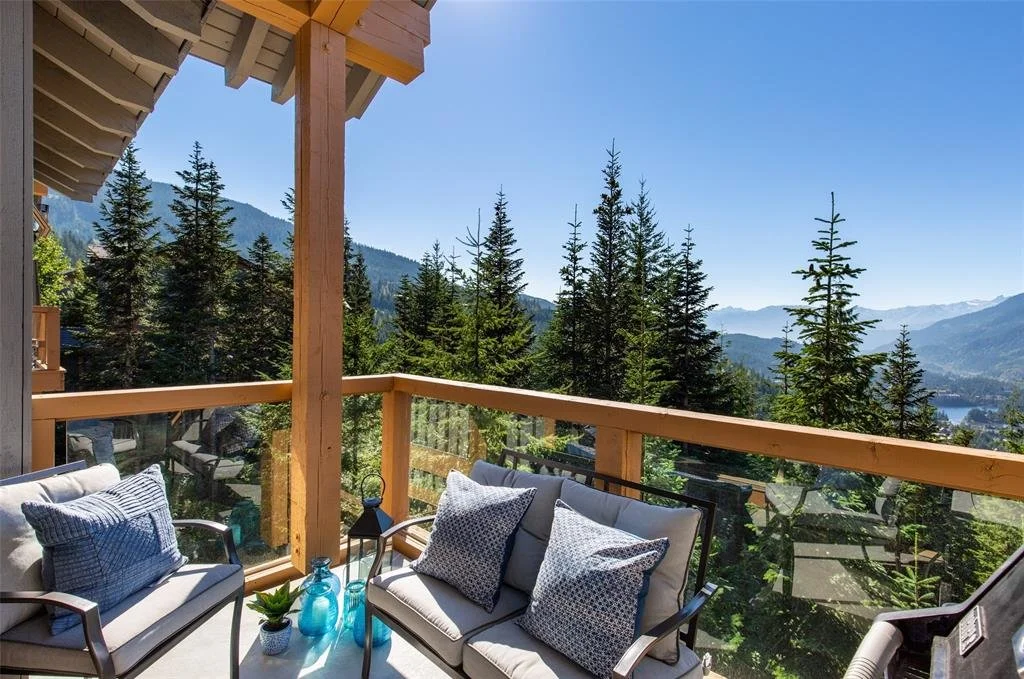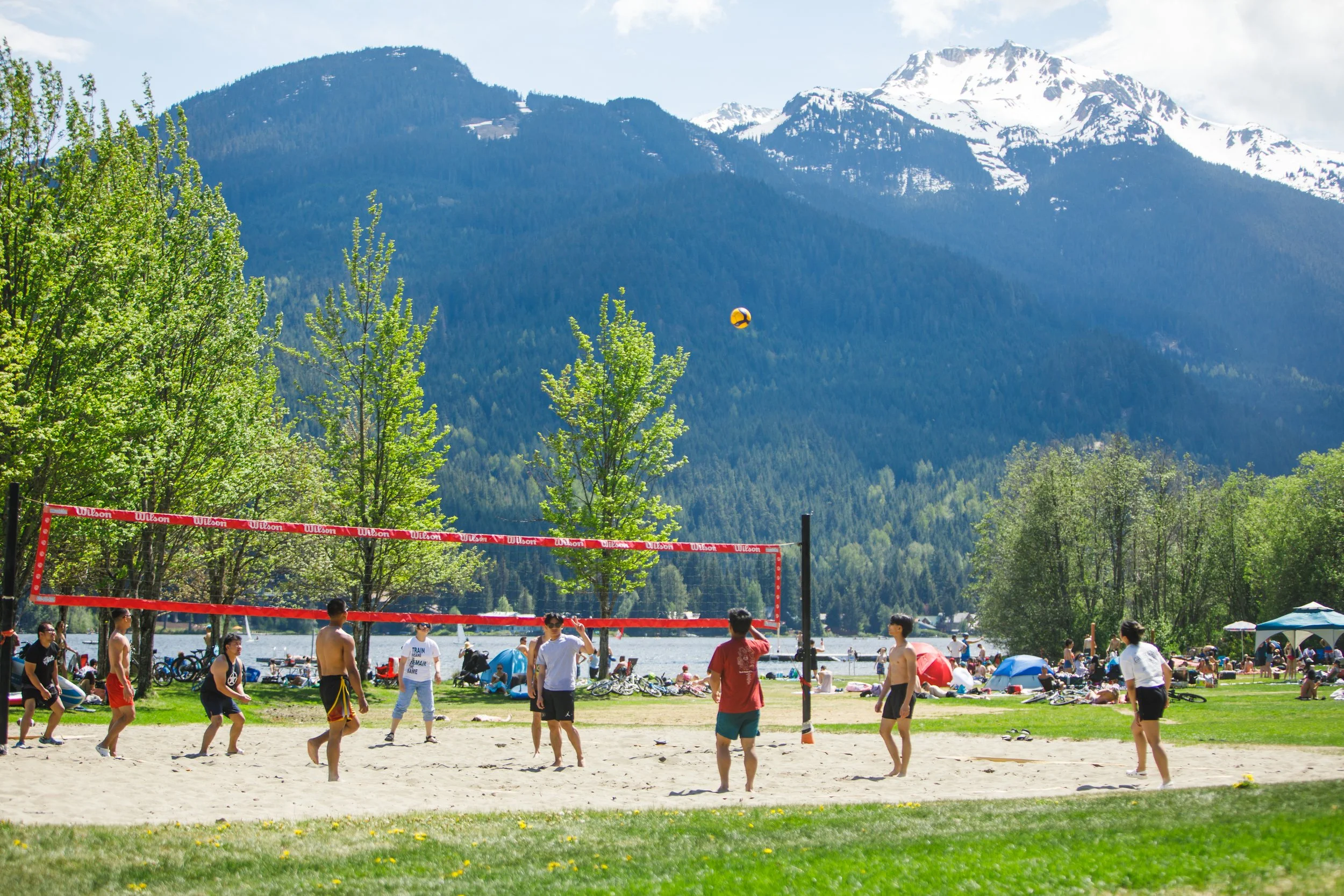Buying in Whistler as a Non-Resident: Explained
Here’s the good news:
There is no Foreign Buyer Ban in Whistler (unlike Squamish and Vancouver).
Here’s more good news:
The process of buying in Whistler is quite similar for residents and non-residents, but there are a few differences.
Let’s go over the main points.
Foreign Buyer Ban Exclusion:
Nice to know: non-Canadian residents can still purchase residential properties in Whistler and Pemberton, despite a nationwide two-year ban on foreign buyers implemented on January 1, 2023.Mortgage Execution:
In most cases, borrowers must sign mortgage documents in the presence of your local notary or at a designated bank in Whistler. But, you don’t need to physically be in Whistler for any signings.Methods of Payment:
It’s recommended to open a Canadian bank account (even better, a bank account in Whistler) to facilitate the purchase, with the final payment made by certified cheque, bank draft or wire transfer in Canadian funds. Opening an account should be your first step! This can be done in person the next time you’re in Whistler, or virtually with most banks. RBC in particular.Required Down Payments:
In most cases, for non-residents, down payments for a Canadian mortgage range from 35% to 50%, depending on the purchase price and your personal circumstances.Canadian Income Tax:
Non-residents earning income from Canadian property are subject to taxes by the CRA, with a 25% withholding tax on gross income, which can be reduced with appropriate filings (NR6 or 805 forms). It’s important to speak with an accountant for clarification on the process and details.Goods and Services Tax (GST) on Nightly Rentals:
Properties used for nightly rentals are considered commercial assets and do not qualify for a GST exemption, therefore Sellers must collect and remit GST when selling these properties.
Buyers intending to use the property solely for revenue generation can register for GST and claim a “Capital Acquisition Input Tax Credit.” This allows them to use the tax credit to pay the GST owed, avoiding the need to pay an extra 5% in cash at purchase. This process, often referred to as “deferring the GST,” is a misnomer as no actual deferment occurs. There’s a whole lot more to this conversation and we recommend you speak with your accountant.Furnishings and Canada Customs:
Non-residents importing furnishings for their Canadian property may be able to avoid duties with the appropriate customs documentation. Receipts must be retained to deduct the cost of furnishings when selling the property.
Buying Real Estate in Whistler
The Comprehensive Process
Here’s a comprehensive step-by-step guide for both Canadian and non-resident buyers of Whistler real estate, with all unnecessary details omitted and everything relevant included:
The process for Canadian and non-resident buyers in Whistler is nearly identical.
However, differences arise in financing, fund transfers, and tax considerations for non-residents.
This guide outlines each step in the process to ensure a seamless transaction.
Step-by-Step Buying Process
1. Choose an Experienced & Trusted Whistler Realtor
• Understand agency representation and the Fiduciary Duties we would owe to you if you were to form an agency relationship. Check out the DORT (Disclosure of Representation in Trading Services Form) to gain clarity on an agency relationship.
• Create a wish list!
• Review the market conditions and property types.
• Familiarize yourself with the buying process, costs, and taxes.
• Begin the mortgage application process early (especially for non-residents).
2. Determine Property Usage
• Decide how you intend to use the property: Personal use, rental income, or both.
• Understand how zoning classifications (Phase 1, Phase 2, Tourist Accommodation) may impact usage.
• Understand what the Shared Ownership options in Whistler are.
• Non-residents must consider:
Goods and Services Tax (GST): May apply if the property is used for nightly rentals.
3. Begin Your Property Search
• As your Realtors we would set up a custom portal just for your specific wish list, so your finger is on the Whistler real estate pulse).
• If one piques your interest, review zoning rules and strata regulations (if applicable) with your Realtor.
4. Finance the Purchase
• Canadian Bank Account: Open an account to simplify fund transfers (either virtually or in person).
• Down Payment: Non-residents generally require 35–50%, depending on personal circumstances.
• Speak to Mortgage Broker about Mortgage Costs: Legal fees, notary fees, appraisal fees and Land Title Registration fees.
• Property Transfer Tax (PTT): Must be paid upon title transfer.
• GST and PST: Furniture is subject to PST. GST exemptions apply to properties used as a residence; consult your Realtor and accountant for clarity.
5. Make an Offer
Work with your Realtor on price and negotiation strategy.
Confirm your Identity with FINTRAC verification through an easy app called Really Trusted, sent to you by your Realtor.
Review key documents:
• Strata Documents: Includes financials and Depreciation Report (if applicable).
• Renovation Permits: were any upgrades made done with permits? This is important if you’d like to do nightly rentals.
• Property Disclosure Statement (PDS): Completed by the seller.
• Title Search: Ensure no encumbrances or restrictions on the property.
Considerations:
• Rental agreements and bookings may transfer with the property.
• Unauthorized accommodations may result in additional costs to bring the property into compliance.
Deposit:
• Typically 5–10% of the purchase price, held in the brokerage’s trust account.
6. Conduct Due Diligence
Complete inspections:
• Home Inspection.
• Wood Energy Technology Transfer (WETT) Inspection for wood-burning fireplaces.
• Review title details, zoning, strata rules, and tax implications with your lawyer and accountant.
• Coordinate with a mortgage broker for financing finalization.
• Apply for a GST number if required (if you plan to do nightly rentals you will need a business licence and a GST number.
7. Subject Removal
• Once due diligence is complete, the buyer removes subject conditions.
• Common subject conditions are: subject to financing, review of strata, PDS, title, inspection.
• Be prepared to justify delays if unable to meet the specified timeline.
8. Deposit Payment (typically 5%)
• Wire transfer or bank draft the deposit amount into the trust account.
• Failure to meet the deposit deadline can result in contract termination and forfeiture of the deposit.
9. Signing Documents
• Residents of Canada: Sign documents with a BC-based lawyer or notary.
• Non-Residents: Sign by visiting a local lawyer or notary in your country.
10. Completion Day
• Funds are transferred to the seller’s lawyer’s trust account.
• The Land Title Office registers the property in the buyer’s name.
• Property Transfer Tax (PTT) is paid on this date.
11. Possession Day (🎉🎉🎉🎉🎉🎉)
• The buyer legally takes possession of the property.
• Key exchange and access typically occur at the time specified in the contract.
12. Adjustment Day
Lawyers calculate pro-rated adjustments for:
• Property taxes.
• Strata fees.
• Utilities.
Key Considerations for Non-Residents:
• The Underused Housing Tax (UHT): which was to ensure you were staying in your home for at least 28 days per year… is NOT APPLICABLE ANYMORE!
Great news.
• FINTRAC Compliance:
Photo ID verification and completion of forms are mandatory any general practice.
* Speak to a trusted accountant (reach out for recommendations!)
teamlm@wrec.com
Professional Help Needed
• Lawyer: Essential for title transfer, due diligence, and legal compliance.
• Accountant: Handles tax filings (e.g., GST, UHT) and provides financial advice.
• Home Inspector: Ensures the property is in good condition.
• WETT Inspector: Inspects wood-burning fireplaces for insurance purposes.
• Insurance Agent: Arranges coverage for personal or rental use.
• Mortgage Broker: Advises on financing.






